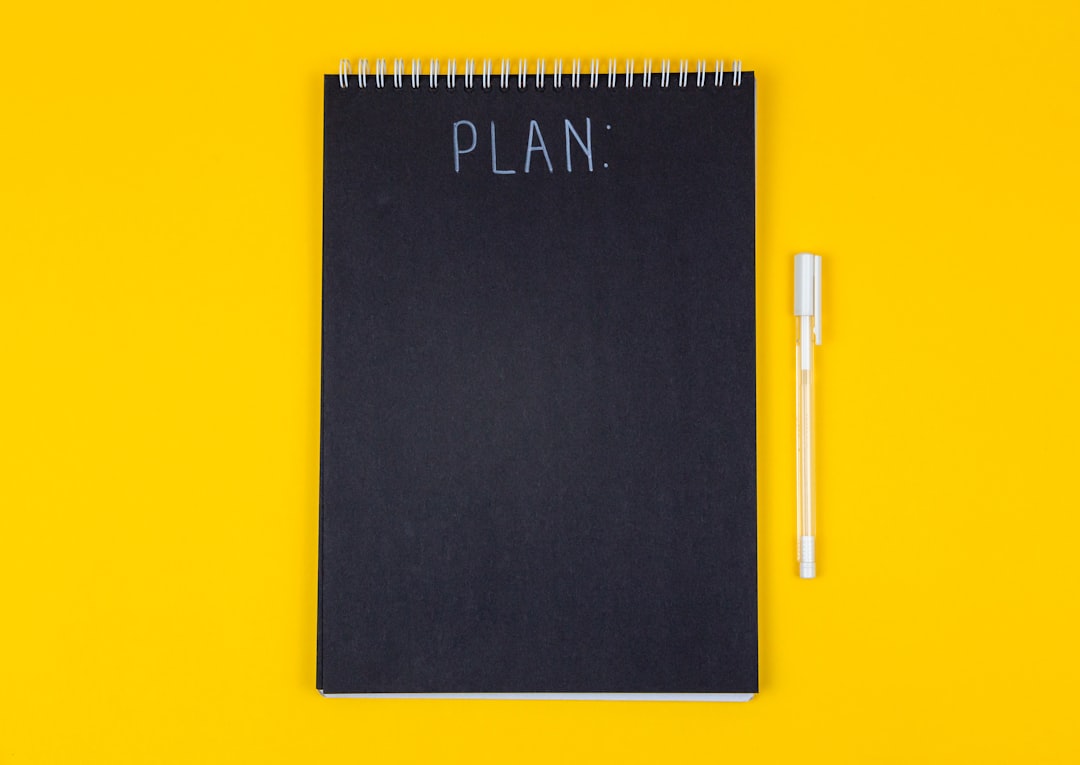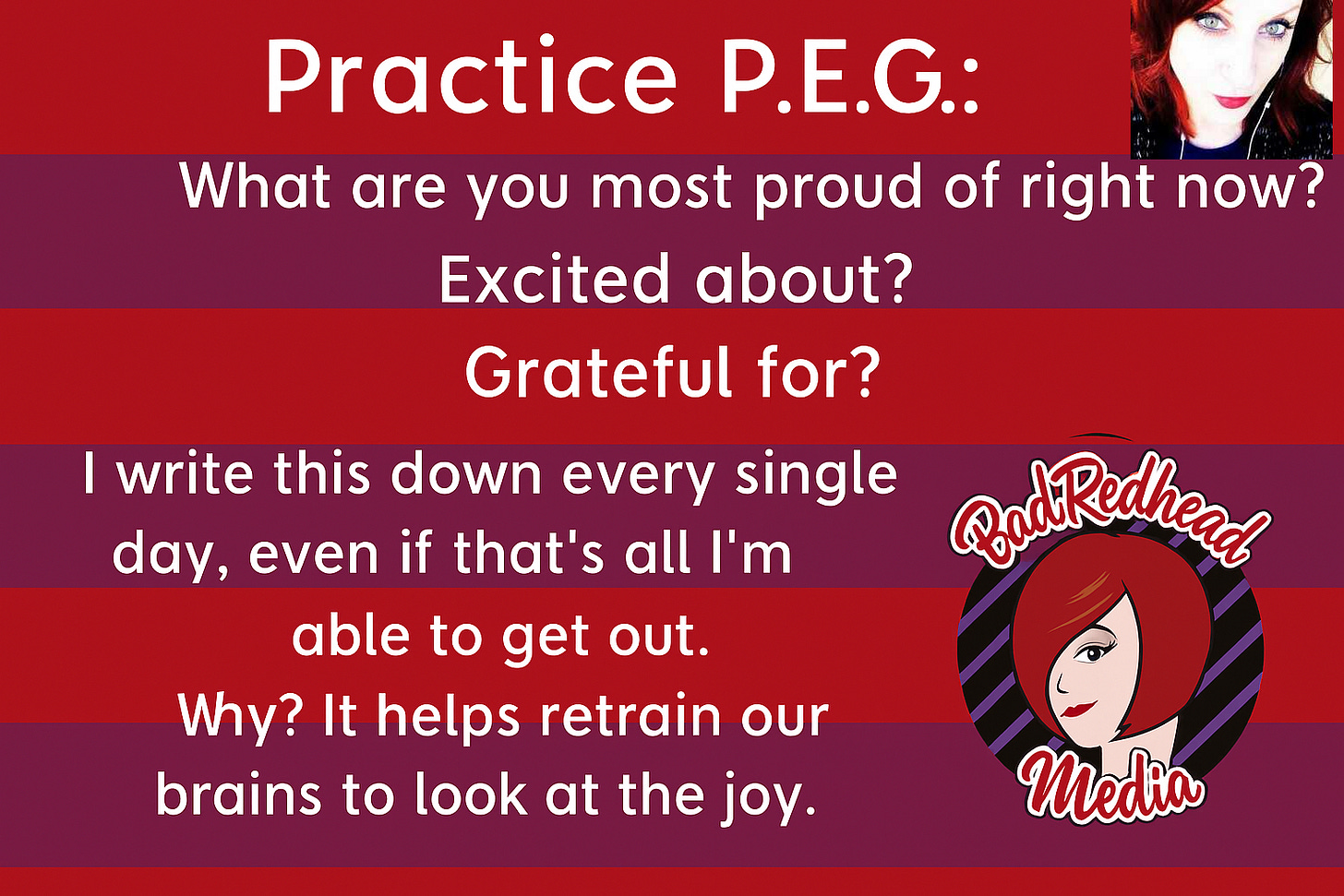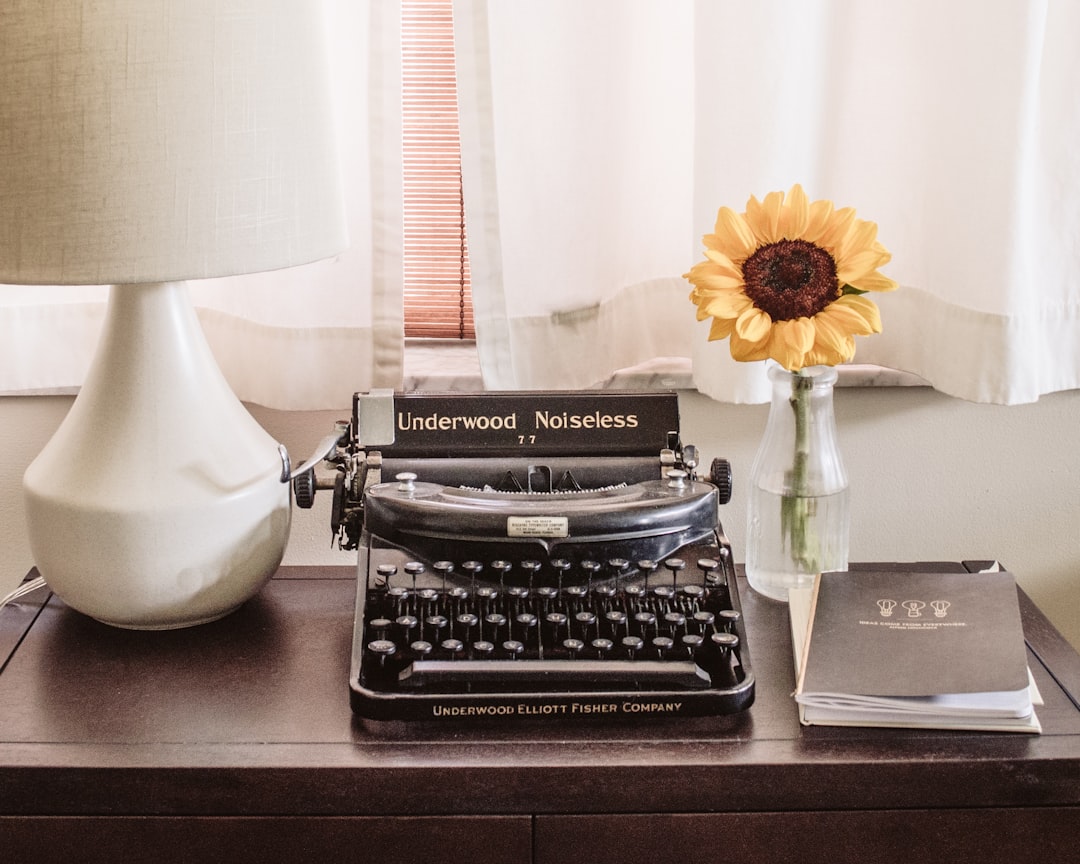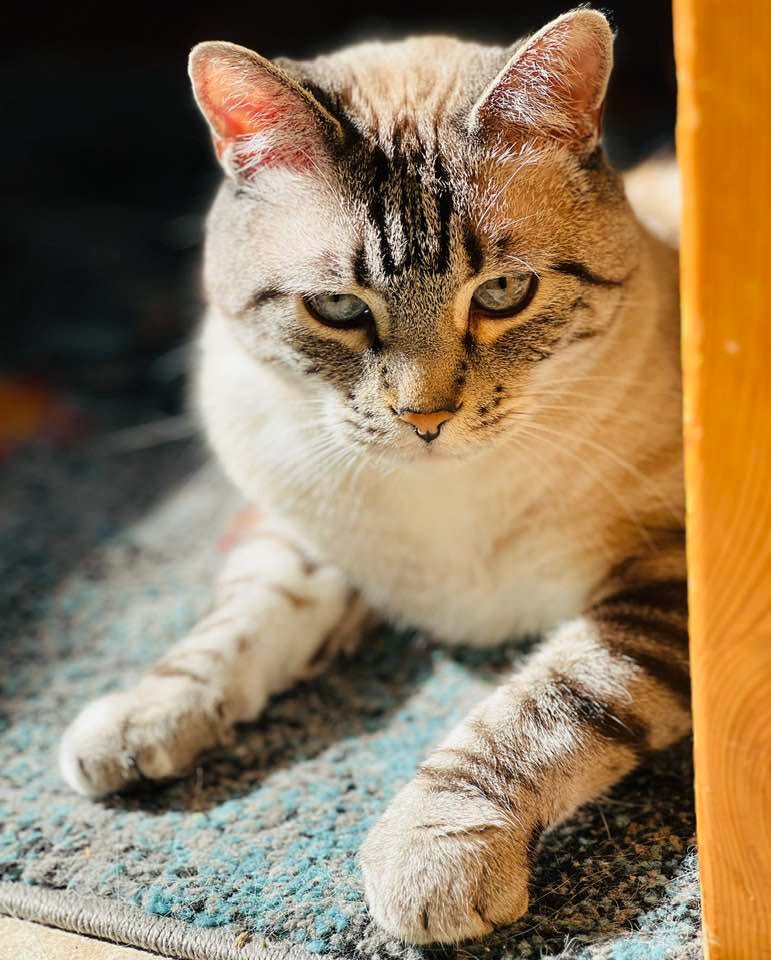Is Writer’s Block Real? Perhaps, But Not for the Reasons You Might Think
Sometimes it’s not your muse that’s gone missing. It’s fear, focus, direction, confidence, or energy.

Recently, a lovely writer here asked me for advice on overcoming writer’s block. In my experience, and it’s also well-documented, writer's block tends to be one of a few things:
lack of safety,
lack of focus/direction,
fear,
exhaustion/burnout
any combination of the above.
Fortunately, that helped, as she got back to me to say she had started writing with the suggestions I gave her (more below).
Here’s my longer answer.
💥 Shout-out to my exclusive advertising sponsor, the always-free Booklinker (universal book links—so helpful!), and the paid tool, GeniusLink. I love both💥 (affiliate link).
⁉️ Let’s Redefine What’s Really Happening
Writers talk about being blocked like it’s a diagnosis: something unexplainably mysterious that happens to us. But what if it’s a symptom of something else entirely?
When I felt blocked, I was scared to keep going, too tired to care, or unsure about what came next. I didn’t feel safe. This may or may not be your experience.
Writer’s block feels real because it is.
But it’s not a creative failure. It’s a human one.
Your brain and heart need rest, clarity, and safety before they can create.
When I was working on my Broken series, I took a break for months. I said I was “stuck.” Truthfully, I was terrified of what I’d find if I kept writing. Eventually, I pushed through and published three books in a series about surviving childhood sexual abuse at age eleven. Not easy.
The block wasn’t in my words; it was in my courage, in that intersection where fear and worry had overtaken rational thought. What will people think? Show me a writer who doesn’t feel that way at some point.
🚫 How to Know When It’s a Block (and When It’s Something Else)
Not all silence is the same. Sometimes you’re creatively blocked, also known as being temporarily disconnected from your voice. Other times, it’s emotional fatigue, trauma resurfacing, or plain old burnout.
Here’s how to tell the difference:
If you feel restless, but ideas still whisper underneath, that’s likely a fear block. Your creative mind wants to speak; fear is just turning down the volume.
If you feel nothing—flat, numb, disinterested in everything you usually love— that’s not writer’s block. That’s emotional or physical exhaustion. You need a break, my friend.
If the idea of writing makes you anxious or panicked, or anxiously panicked, the issue may not be creativity but safety. Your nervous system is protecting you from current stress or old wounds. Ask yourself: Do I feel safe right now? That will reveal a lot, and could be your way back into writing.
If your mind races with ideas but can’t settle, that’s distraction or overwhelm, not block. The fix is focus, not force.
The key difference: a creative block frustrates you; burnout empties you.
When you know which one you’re facing, you can treat it with the right medicine— compassion.
😱 1. Fear of Not Being Good Enough
This is the most common kind of block. You stare at your draft and hear that inner voice whisper, Who do you think you are? The world doesn’t need another memoir or newsletter. What am I thinking?
That’s fear! Of failure, of judgment, of disappointment. It can sound rational, but it’s insecurity in disguise. And that’s okay - we are human, and humans feel insecurity. Completely normal.
Try this: Write one paragraph you know no one will ever read. It frees you from perfectionism and invites honesty back in. Go on. Try it.
One of my favorite writing quotes that freed me is from Lorrie Moore: Write something you’d never show your mother or father.
Boom. Do it. Start. You’re an adult. Write like one.
🧭 2. Lack of Direction
Sometimes your creative brain just doesn’t know where to go next. That’s not a block but a map problem. You can’t follow a trail you haven’t drawn. So, create a plan.
Try this: Write your ending first, whether it’s a book, course, newsletter, or poem. Doesn’t matter if it’s fiction or nonfiction. Even a vague ending that you have no idea how you’ll get to is enough. Basically, you’re teasing yourself to find the way.
You’ll start to feel a pull toward that destination, and words will start to meet you halfway.
🥵 3. Burnout Disguised as Block
If you’re writing constantly, such as for client work, posts, marketing, or drafts, it’s easy to confuse exhaustion with a lack of inspiration.
Creativity doesn’t thrive in depletion.
Try this: Step away for one full day. No screens, no writing. Walk. Sit in silence. Do something small that brings you back into your body. You’re not lazy.
You’re transforming and realigning (words from a popular song right now).
Now write about it. Write about what you see, hear, smell, etc. This is a form of grounding. We often ignore all the glorious parts of our lives because our inner worry brain won’t go the f*ck to sleep.
Read more about creative burnout here:
👉 Burnout: Symptoms, Risk Factors, Prevention, and Treatment — Verywell Mind
🦋 4. Distraction Masquerading as Inspiration
Our modern world doesn’t make it easy to focus. Between constant notifications, emails, phone calls, Zoom meetings, social media, doomscrolling, various pings, and endless “research,” along with the pressure to create (real or otherwise), our minds are never quiet enough to create.
Try this: Before you check anything online, write for ten minutes. No editing, no deleting. You’ll often find momentum in your sentences somewhere. Also, take a look at the fantastic writing coach, Julia Cameron’s Morning Pages.
For a deeper dive, read my post on staying creative in a noisy world:
👉 10 Proven Strategies for Writers to Boost Focus and Enhance Creativity — BadRedhead Media Substack
😵💫 5. Imposter Syndrome
Even the most successful writers wrestle with this. You publish a book, and someone praises it. Fantastic! But instead of joy, you hear a small, nagging voice, 'You just got lucky.' We tell ourselves everyone will hate it (and guess what…some do).
That’s not humility. It’s fear wearing a kind face.
Try this: Make your own personal “proof list.” Write down every creative thing you’ve done: published, unfinished, or even hidden in the bottom drawer.
It’s a little magical. Why? You’ll see evidence that you’ve already done what your brain insists you can’t. Ha.
Learn more about imposter syndrome here:
👉 Imposter Syndrome — Psychology Today
👉 Overcoming Imposter Syndrome: 6 Evidence-Based Strategies — Psychology Today
🧠 Practical Ways to Reconnect
Pomodoro Sprint: Write for 25 minutes straight. Stop mid-sentence so it’s easy to return. Create a problem waiting for you to solve.
The Letter You’ll Never Send: Write to your block itself. Name it. (Mine is named Sage.) Tell it what you think it’s protecting you from.
I love this one. You can also have your fears talk with each other (to be honest, they’re already doing this; you just might not be paying attention).Brain Dump Before Bed OR First Thing in the Morning: List everything buzzing in your head. Clear space for imagination to breathe. I don’t mean your ‘to do’ list (though certainly feel free to add that stuff). I mean everything that’s swirling around.
Practice P.E.G.: What are you most proud of right now? Excited about? Grateful for? I write this down every single day, even if that’s all I’m able to get out. Why? It helps retrain our brains to look at the joy.
😔 When It’s More Than Creative Fatigue
Sometimes writer’s block is tangled with real-life stuff: grief, trauma, or mental health struggles. If writing feels painful or triggering, that’s not weakness; it’s your mind asking for help. It’s hard. Been there. Wrote about it.
Therapy, rest, or talking it through can be part of the process, not a detour from it. Connection is crucial. Find your people. You’re not alone.
👉 If you’ve ever needed permission to step away, here it is.
👏 The Truth Beneath the Myth
Writer’s block isn’t a flaw. It’s your system’s way of saying: I need something. Maybe it’s sleep, maybe it’s focus, maybe it’s courage. The words return when you do.
Above all, remember: you’re not broken. You’re recalibrating.
How does all land with you? What’s been your experience with blocks?
💬 If this resonated, share it with another writer who’s stuck. Sometimes the reminder that we’re not alone is the first word that matters.






So my blockage was never not writing. In fact, I have 3 novels, a memoir and a nonfiction book in my computer. We are talking beginnings, middles and ends for all of them. What I have hated to do is final “last ten percent “ finishing. I read Ann Weiser Cornell’s Untangling and did her exercises and figured out what the problem was. It had to do with my mom telling me not to tell family secrets and believe me, it was like the damn burst afterwards. I plan to sell a novel of the heart in 2026.
Excellent exploration. I love how you touched on how trauma can make us so exhausted we can't write. I been there many times.